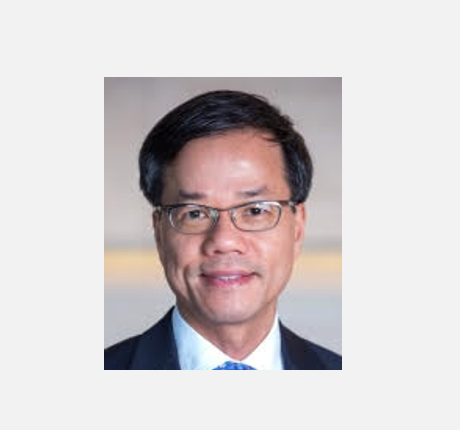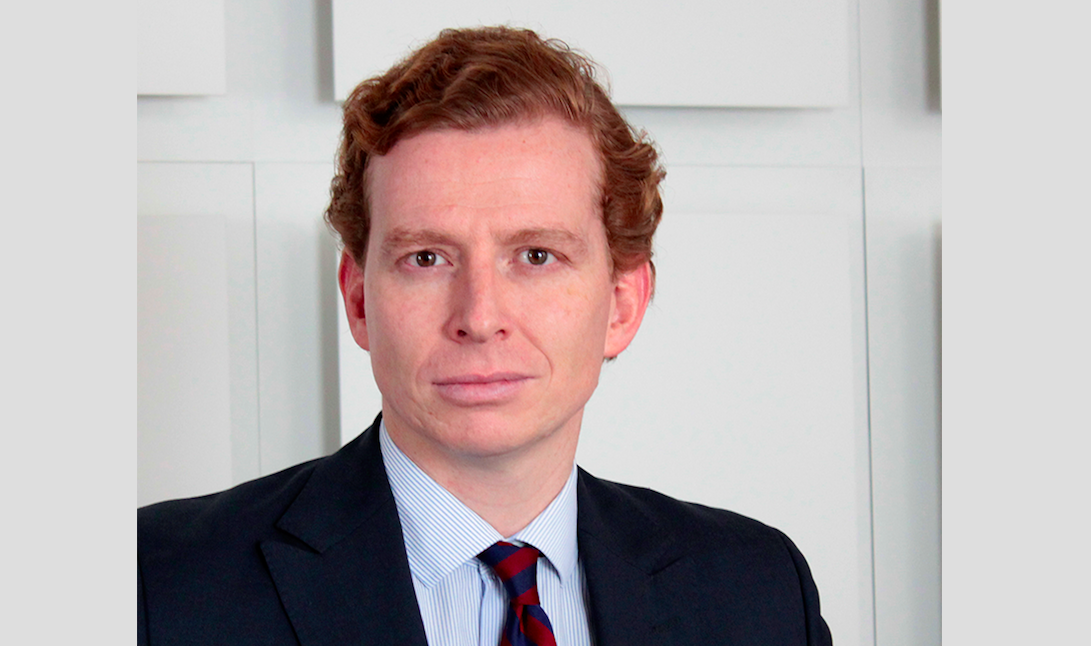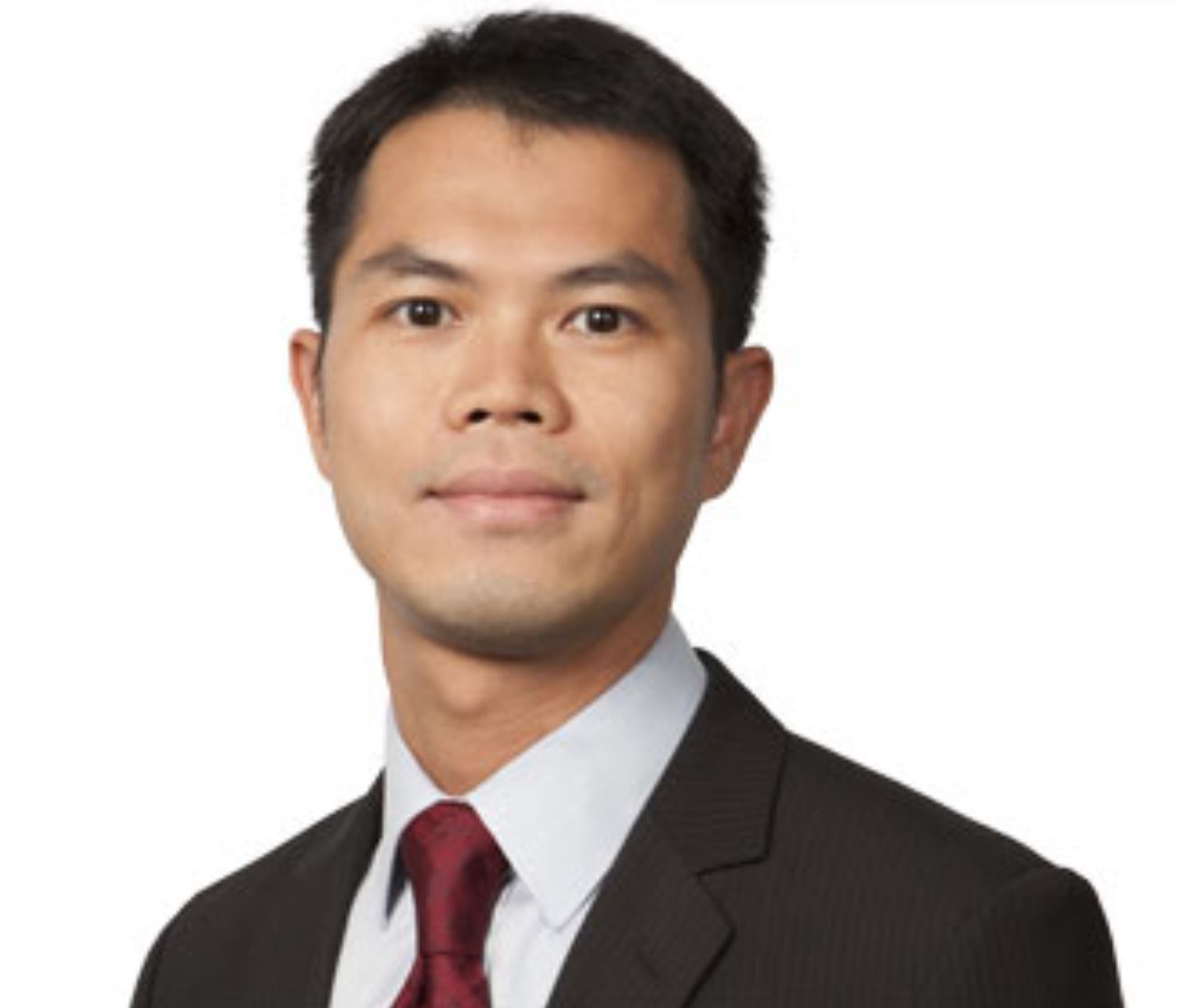Henry Wong, CFA Head of Asia Fixed Income, with close to 30 years of experience in the industry, has a management style that runs away from sentimentality, maintains its long-term investment strategy, seeks internal and external transparency. “My intention when buying an asset is to sell it and when I sell it, to buy it again at a better time market momentum” states Wong
Chinese Macroeconomic picture
For the manager, “after four decades of continued growth, the Chinese economy is tired and with significant excess capacity” . The adjustment of this excess capacity will be painful in terms of job losses and increased competitiveness by companies.
In his opinion, it is still premature to know if it will be successful or not, because this adjustment needs a change in mentality that has not yet occurred and that takes time. But “they have no choice but to do so, and the government must decide whether to do it gradually or faster,” says Wong.
In addition, Wong points out that the markets since 2007/2008 have been favored by an excess of liquidity that benefited more asset holders than ordinary people, so in his opinion, the political class, especially in the United States and Europe, has to rethink its strategy in this line to redirect this imbalance.
For Wong, the trade conflict between the United States and China is a “consequence of this money printing excess,” but to some extent this increase in protectionism is also related to sustainability policies by having to reduce the transportation costs of products to favor of local products. “I do not think we can foresee a specific termination date of the conflict, it is a global structural change that will take decades,” he concludes.
Bond Connect
From his point of view, China, like many other economies, faces a problem aging population that will lead to a reduction in income due to lower taxes collected from a depleted workforce and an increase in expenses derived from an older population,
In this sense, the Bond Connect project, which will include fixed income assets in local currency in the main world indexes, is an effort by the State to open its capital market and secure foreign financing sources.
Although Wong´s portfolio invests mostly in hard currency, the manager states that this process has just begun and that the supply of available assets is still reduced, limited to government bonds and state owned entities: “At this very initial moment the Investment alternatives are very limited for international investors, who can only move along the curve buying assets with different maturities, but the number of issuers is very limited and liquidity is reduced. I think this market will get bigger every day, but it will do so at a very gradual speed, ” concludes Wong.
Regarding the attractiveness of the Chinese fixed income market, the manager affirms that risk return ratio currently does not suggest putting too many resources in Chinese assets, or in other words: “There are currently more interesting opportunities from a risk/return perspective than China”, he points out.
India and Indonesia
Specifically, one of its current hard currency bets is Indonesia, since after the presidential elections it is one of the countries that can benefit the most from an exit from the factories of China in search of greater competitiveness. Preferably, they opt for companies that have already gone through a process of restructuring and sovereign or quasi-sovereign issuers for the good macro moment that the country is going through.
Additionally, India is also an overweight country in its portfolio, although they are very selective and avoid financial names.
Increase in portfolio duration
With regards to positioning within the curve, Wong explains that they have been extending the duration of the portfolio gradually since last October, reaching a duration of 5 years compared to the 2 years they maintained in August 2018.
This commitment responds to his conviction that global growth will be slower and less efficient affected by protectionist policies and capacity adjustments. This duration objective has been achieved through the purchase of high quality long term Asian corporate bonds and 10 year and 30 year US treasuries up to 10% of its portfolio.



